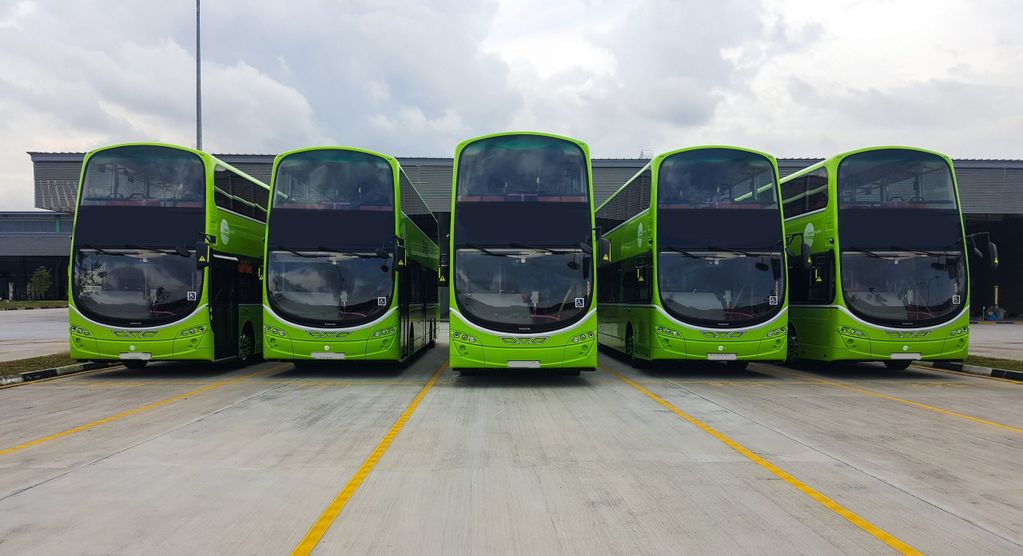
A gateway to seamless mobility: UITP and STA deliver handbook on ticketing in MaaS
What does ticketing look like with Mobility as a Service?
One area that is key to the public transport sector’s progression with Mobility as a Service (MaaS) is ticketing. It is quite literally the gateway to mobility services.
Ticketing exists due to the need to establish a contract between passengers and transport operators but also because transport is not a good that can be purchased like any other good in retail; ticketing is the access to mobility and the possibility for all to move about.
Enabling inclusive mobility information and access to mobility services through ticketing, together with booking and payment, is an important step to enable seamless mobility and shape MaaS as a tool to steer travel behaviours towards more sustainable modes and achieve more sustainable mobility in our cities. In other words, mobility services should combine ticketing offers in a simple, easy-to-navigate manner in order to offer passengers a seamless, door-to-door and easily accessible journey.
But nothing worth having ever comes easy…
When it comes to combining services across different stakeholders, private and public, this requires bold ambitions in the form of well-designed and adaptable systems…
The MaaS ecosystem can be seen as a playing field; a game with rules and various stakeholders as the players. Regulation can enable cooperation if it sets some borders for freedom in order to prevent unfair competition and to promote cooperation. If an optimum space is left for mobility partners to make their own free decisions, then this should contribute towards trusted mobility partners.
To better support the sector, UITP and the Smart Ticketing Alliance (STA) have released a handbook, compiling knowledge from a total of 54 public transport authorities, operators, suppliers, MaaS mobility organisations and mobility solution providers. ‘Ticketing in Mobility as a Service’ really is an extensive publication which contains a common view on ticketing in MaaS, its challenges, solutions and real-world situations.
What can be found in the Handbook?
The Report identifies real case situations and offers recommendations towards:
- Existing digitisation gaps in ticketing at local, regional and national level
- A lack of understanding of stakeholders’ needs and roles
- Exchange of data: Regulations, trust, privacy issues and competition issues
MaaS is only sustainable when it is created to follow sustainable goals. With this is mind, the Report covers aspects of organisation and governance such as identifying clear roles and rules, as well as MaaS cooperation models. This is because when the right governance is in place and when transport users sign up, the user experience becomes the central focus.
Ticketing is an enabler of MaaS and interoperability should be a precondition so that ticketing systems can be connected. Of course, this means sharing of data, and there are interesting governance and data sharing standards to consider. With all this considered, the relationship between all stakeholders can develop trust which is essential in building collaborative processes with all stakeholders.
For UITP, it is essential to continue to develop the integrated sustainable mobility of the future. Ticketing is a key part of that – it’s quite literally the start of many public transport journeys. By facilitating emerging trends and technologies in our sector and uniting different players, we’re ensuring that ticketing remains the gateway to the freedom for all to move about.
The Handbook stresses the need for ALL stakeholders to work together to ensure Mobility as a Service remains a sustainable option for greener mobility. Yes, we are looking at you public transport authorities, public transport operators, mobility service providers MaaS operators and integrators, and even the public transport users.
Cooperation is crucial and this involved aligning MaaS according to the level of integration required and creating an ecosystem for data sharing that all parties accept.

Mobility as a Service and many, many more topics will be covered in the LTA-UITP Singapore International Transport Congress & Exhibition (SITCE), held 2-4 November 2022. Make sure you register today and take advantage of the early bird rate!
our members







